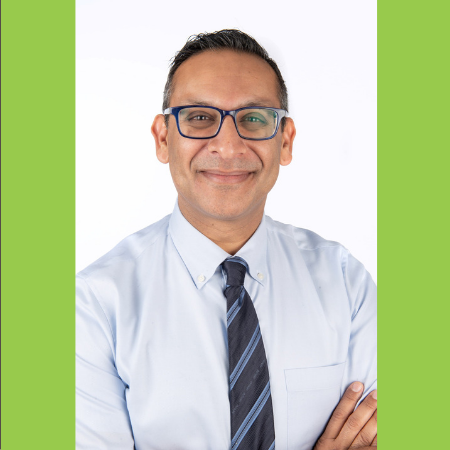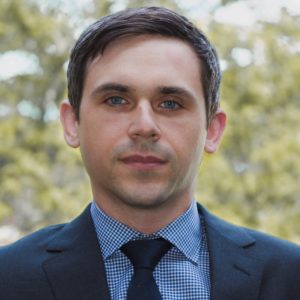“I wouldn’t have been able to do this research without PSI. It was important for me to know that colleagues recognize and value this work.” – Dr. Fiona Kouyoumdjian
Dr. Fiona Kouyoumdjian’s research is helping to increase the visibility of a population that is often kept out of view – people who experience incarceration. Her PSI Foundation–funded study provides a foundation of information about the health care needs and health care use of this group of people, which until now, has not been well understood.
From her part-time role as a family physician at a provincial correctional facility, Dr. Kouyoumdjian knows firsthand that this population has complex health care needs, yet there has been little research about their health care use.
“I see a lot of opportunity to improve health care for this population in both correctional facilities and in the community,” she says. “There’s a lot to be done to understand imprisonment in Canada and to improve health care and the health status of this population.”
She received PSI Foundation funding in 2016 to study health care use by people who have experienced imprisonment, both during their time in custody and after their release into the community.
Dr. Kouyoumdjian and her team linked correctional data from the Ministry of the Solicitor General with health administrative databases. With these datasets, they followed the population of people released from provincial correctional facilities in 2010, which was more than 50,000 people, comparing their health care needs and use with the general population.
The team found that people who experienced incarceration had higher rates of health care use overall compared to the general population, including higher numbers of visits to primary care, other ambulatory care, and emergency departments, and higher rates of hospitalization.
Dr. Kouyoumdjian says that the baseline health of this population is worse than the general population, and they experience higher rates of health issues like injuries and overdoses, particularly around the time of release – so it may not be surprising that their health care use is high.
Notably, they found that a large percentage (40%) of people who had been incarcerated did not see a primary care physician in the two years after release, which is particularly troubling considering the higher health care needs of this population. “People have a lot of competing priorities when they leave provincial prisons,” she says. “Taking care of your health can be challenging when you’re dealing with urgent issues like finding housing, restarting your benefits, and trying to rebuild relationships.”
By showing that the time of release from prison is particularly challenging, Dr. Kouyoumdjian says that her research suggests that there are opportunities to provide interventions that support people at this time, for example programs that link people released from prison with primary health care. “We need to think about opportunities to support health more broadly,” she says. “It’s a shared responsibility between community health care and correctional facilities.”
Dr. Kouyoumdjian adds that this study is just a first step in understanding the needs of this population, but that it has strong potential to inform interventions. “This is a population with a substantial burden of disease and substantial health care needs,” she says. “We need to invest resources in their health care.”


 significant improvement in quality of life and by using health economic calculations; they determined that 97.9% of interventions are very cost-effective relative to non-operative management. This finding suggests that resource allocation toward improving access to spinal surgery for those with debilitating condition is an effective allocation of resources. These findings will serve to provide surgeons and policymakers with the evidence needed to guide decision-making and optimize healthcare expenditures.
significant improvement in quality of life and by using health economic calculations; they determined that 97.9% of interventions are very cost-effective relative to non-operative management. This finding suggests that resource allocation toward improving access to spinal surgery for those with debilitating condition is an effective allocation of resources. These findings will serve to provide surgeons and policymakers with the evidence needed to guide decision-making and optimize healthcare expenditures.